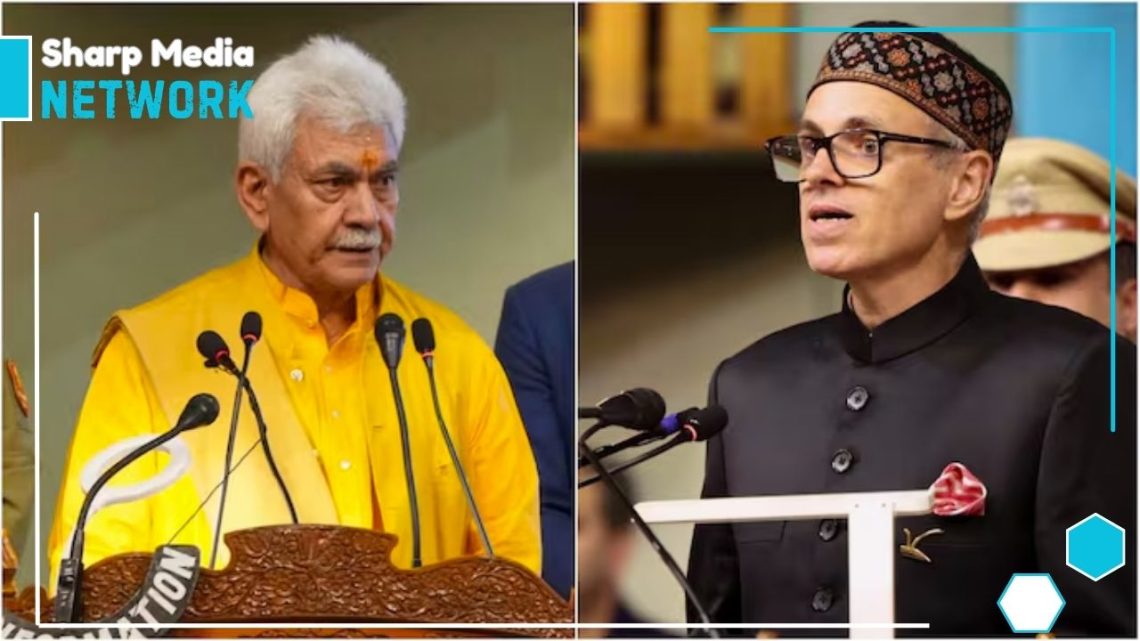
India’s Occupation Over IIOJK Fuels Power Struggle Ahead of 2025
December 30, 2024Kashmir’s governance hangs in the balance as Delhi’s interference sidelines elected leaders and erases cultural legacies.
As 2024 concludes, Delhi’s stranglehold over Indian Illegally Occupied Jammu and Kashmir (IIOJK) deepens, exposing the façade of local governance. The territory’s power struggle reflects a system where New Delhi’s control overrides elected leadership.
The latest flashpoint is the IIOJK government’s 2025 holiday list, reigniting debates over who holds true authority. The exclusion of Martyrs’ Day on July 13 signals the erasure of Kashmir’s cultural symbols, further highlighting Delhi’s dominance.
The National Conference (NC), leading the current administration, previously vowed to restore these holidays. However, the omission of critical commemorations reveals the limits of their power under Lieutenant Governor Manoj Sinha’s administration, directly controlled by New Delhi.
NC spokesperson Tanvir Sadiq condemned the decision, accusing the BJP-led central government of deliberately rewriting Kashmir’s history. Despite the removal, Sadiq reassured Kashmiris that the legacy of the July 13 martyrs would endure.
At the heart of the issue lies the dual power structure, where Chief Minister Omar Abdullah’s government faces constant interference from the unelected LG. This dynamic not only delays critical policies but also strips the territory of its autonomy and heritage.
While Omar Abdullah’s ties to Sheikh Abdullah once commanded respect, Kashmiris now express disillusionment over the family’s political legacy. Nevertheless, the erasure of Sheikh Abdullah’s birth anniversary from the 2025 list underscores the BJP’s unapologetic grip on Kashmir’s narrative.
Local leaders argue that removing these holidays reflects an effort to reshape Kashmir’s identity, sidelining the sacrifices of those who fought for democratic rights. Community voices insist this exclusion is not merely administrative but a calculated move to suppress Kashmir’s history.
Despite deteriorating public trust, Kashmiri leaders demand accountability and restoration of symbolic holidays. They warn that such cultural erasure only widens the divide between the region and Delhi, threatening long-term stability.
Observers note that this governance model reflects broader BJP tactics across India – centralized control at the expense of local representation. In Indian Illegally Occupied Jammu and Kashmir, however, the stakes are higher, as this approach inflames existing tensions.
With 2025 approaching, the question remains whether the NC-led government can assert its authority or if IIOJK will remain under Delhi’s shadow. For now, the power struggle continues, and the scars of political manipulation deepen.

